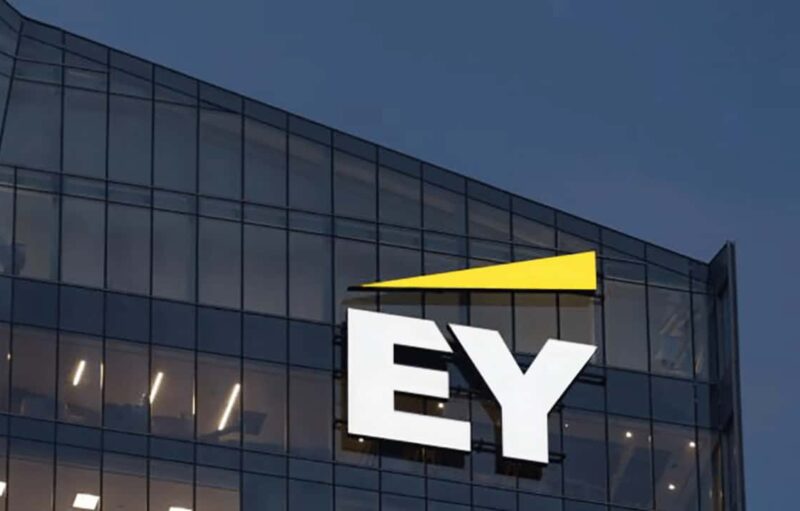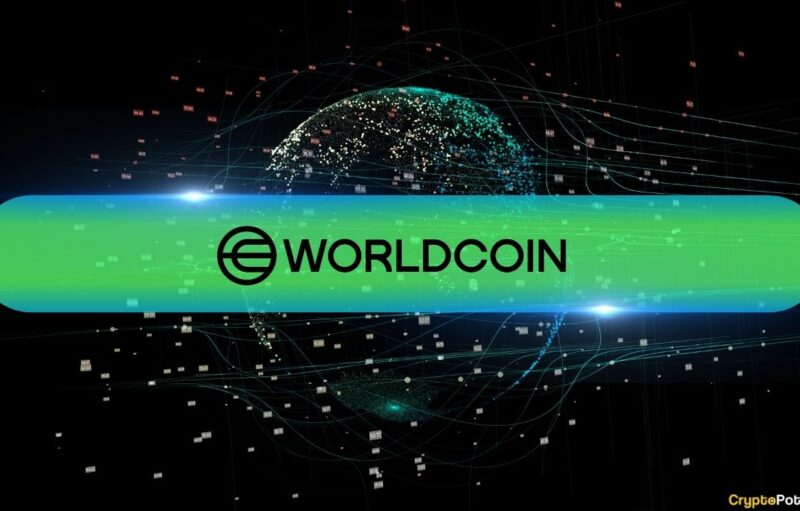
No industry can hope to grow and develop if it is not fueled by human resources and appropriate talent. The availability of qualified professionals is the backbone of any sector and any company since the people are the true assets and value of any business. Nothing runs with engineers and nothing is developed without their involvement. However, one engineer is not an engineer at all, leading to the ongoing training, education, and qualification of talented individuals seeking sustainable and profitable careers in a variety of industries.
The blockchain industry is one of the youngest and most dynamically evolving sectors of the global economy that is attracting young talent and is characterized by insatiable demand for professionals. The rapid development of various blockchains and decentralized applications in corporate and startup settings is leading to increased demand for engineers with the knowledge and skills necessary for deploying functional and reliable solutions, as well as engaging in research and development initiatives in the space.
The Demand
The blockchain engineer is the cornerstone of such development and demand for the profession is enormous, with salaries even for novice specialists starting from $2,000 at market level. Many blockchain developers and engineers find it easier and more profitable to offer their services as freelancers on dedicated crypto jobs platforms, instead of taking on full-time jobs in corporate settings with the added benefits.
The demand for engineers is driving demand for supporting infrastructures and LaborX is a block chain jobs platform that helps clients and freelancers connect, providing efficient transactions and robust protections through smart contracts on a global basis. Blockchain engineers can post their credentials on LaborX and get numerous replies from potential employers with direct communication to discuss the details of cooperation opportunities.
Learn, Learn, And Learn
Becoming a blockchain engineer is a never-ending process that professionals can never consider to be complete. The ongoing development and evolution of blockchain networks and supporting programming languages means that even engineers who stood at the genesis block of the Bitcoin network have something to learn on a daily basis. As such, continuous qualification and monitoring of related topics is the first step to guaranteeing professional credentials and qualifications that will allow a blockchain engineer to create quality solutions and adapt to changing decentralized environments.
Architecture
All those willing to become blockchain engineers must start from the basics of learning about blockchain architectures. This means delving into the details of consensus algorithms, their coding, programming specifics, intricacies, and hash functions. Blockchain engineer training courses are the best step to starting on this troublesome task.
Data Structures
Next up are data structures like Merkle Trees and Patricia Trees that allow engineers to understand how data is compiled and stored on the blockchain. Being able to navigate data libraries to find bits of coding necessary is essential for streamlining workflows and grasping the operational algorithms of blockchain systems.
Cryptography
Cryptography and mathematics are at the heart of blockchain, so all aspiring blockchain engineers must have a first grasp of both concepts to avoid errors and understand related coding. Cryptography does not forgive errors, so blockchain engineers must be adept at the art of encrypting their codes to ensure the security, reliability and immutability of their systems. Given the endless variety of cryptography methods, blockchain engineers need to specialize in a few major or niche methods and vigorously perfect their knowledge and skills.
The Back-End
Back-end engineering is just as important in blockchains, since the system is only the background of the applications running on it. Developing user interfaces and the functions that are tethered to them is the key to creating reliable and working solutions on the blockchain. Having a firm understanding on how the back-end works is a prerequisite for many blockchain engineering vacancies and is thus an essential hard skill that must be mastered.
Programming Languages
Blockchains work on a number of programming languages, such as Python, Solidity, Geth, and others. Knowing these languages is the basis of writing the applicable, working code. Knowing at least four of the core languages, C++ excluded as a standard, is essential for blockchain engineers, considering the fact that many blockchains interact and can all be written in different languages.
Various Blockchains
There are many blockchains on the market, so knowing the specifics of each is a requirement for blockchain engineers. Considering the fact that many applications interact, being able to adapt them to various networks is the basis for the success of a product, since users of blockchains are not concerned with the infrastructure, only the functioning and convenience of the service. As such, tailoring applications to blockchains will be the core competence of a blockchain engineer.
The Standards
Each blockchain can have its own standards of smart contracts and tokens. For instance, the Ethereum network is the most popular with its versatile ERC-20 standard, but other chains rely on their own standards, so knowing them is vital to adapt digital assets to use cases.
Interoperability Issues
Blockchain engineers need to know how to achieve blockchain interoperability, since each is like a segregated island in an ocean. Knowing the toolkits available and how to use them is the only way a blockchain engineer can bridge systems and make them interact.
Troubleshooting
Blockchains can fail and knowing how to bring them back online after a transaction glut or hacking attack is what adds value to a professional. Experience in troubleshooting comes with time, but knowing the basics to identify bugs and errors is what counts first.
Get a Degree
Getting professional education is the most straightforward way to becoming a blockchain engineer. But core courses are only the start that may be outdated by the time one graduates. As such, keeping constant tabs on developments, experience, training, qualifications and self-education can add much more value than a university degree.
Key Takeaways
The blockchain engineer is the cornerstone of decentralized industry development, and the path to becoming one is long. But the rewards for professionals are truly worthwhile.
The post appeared first on The Merkle






